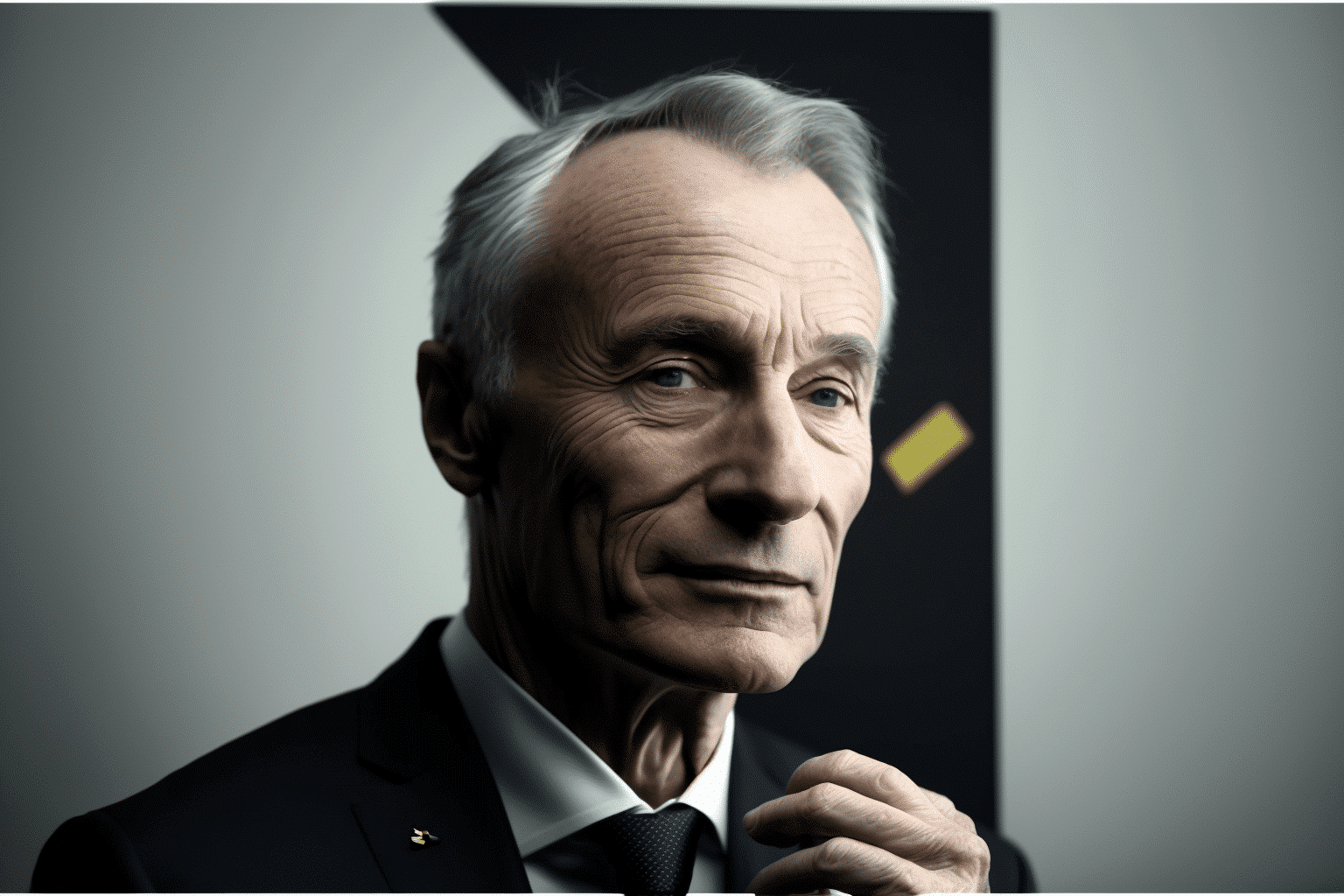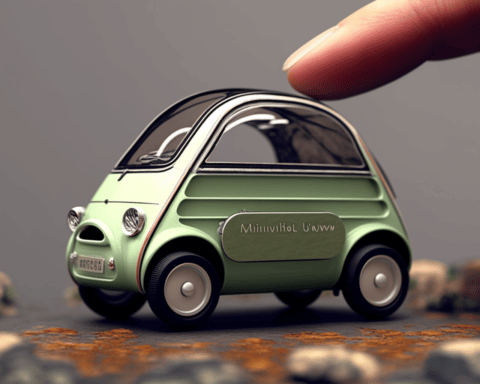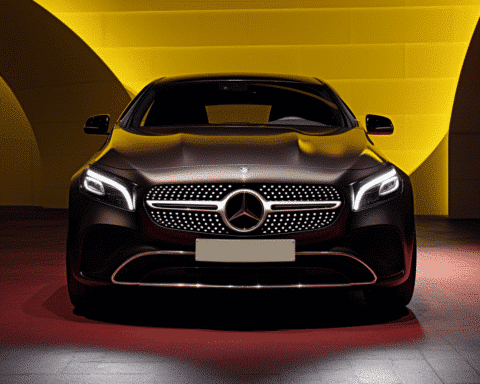Two of the world’s biggest automakers, Renault and Nissan, have formally rebooted their relationship, signaling a new chapter for the French-Japanese alliance. This move was necessary after their relationship had become rocky after one of Renault’s top executives, Carlos Ghosn, was arrested in Japan in 2018.
The boards of both companies have approved a significant shift, equalizing their stake in each other to 15%. This move brings balance to the alliance, as Renault Group of France previously held 43.4% of Nissan Motor Co., while Nissan only held 15% of Renault. The unequal shareholdings had been a source of conflict.
Renault board Chairman, Jean Dominique Senard, expressed his excitement for this “new era” during a news conference in London, where he stated, “We have been waiting a long time for this moment.” The company plans to invest 15% in Ampere, Renault’s European electric vehicle and software company, with Mitsubishi also considering investing.
Their collaboration will extend to Latin America, Europe, and India, among other markets. This move comes at a crucial time, as the highly competitive auto industry shifts towards electric vehicles and environmentally friendly models. A 28.4% stake in shares will be transferred to a French trust, as announced by the companies last week.
Renault and Nissan have agreed to sell that stake with no deadline in sight. Nissan CEO Makoto Uchida is ready to take the partnership to new heights, saying, “This is not a choice but a need.”
Partnerships between automakers can be a game-changer, helping companies save big bucks by sharing parts, production, and technology – especially in the rapidly evolving electric vehicle market. But breaking apart a successful alliance can be challenging, with companies’ development, manufacturing, and products becoming intertwined.
Still, even the best partnerships can hit roadblocks when corporate cultures collide, especially when the West meets the East. That’s precisely what happened with the Renault-Nissan alliance, which started in 1999. But then, the partnership was thrown into chaos when Carlos Ghosn was arrested in Japan in 2018 on financial misconduct charges.
Ghosn, who maintains his innocence, made a daring escape to Lebanon – a country with no extradition treaty with Japan. Renault and Nissan have since distanced themselves from the Ghosn scandal and are now entirely focused on the future. Renault board Chairman Jean Dominique Senard says, “That’s in the past. Nobody at Renault is talking about it anymore. They’re all focused on what we’re doing next.” It’s a new era for Renault and Nissan, and they’re ready to take it on.
Renault is working hard to improve its electric car lineup with the Ampere project. Renault wants to compete in an increasingly competitive market dominated by Tesla for a long time. However, Renault Chairman Jean-Dominique Senard is confident about the company’s chances.
Senard praised the new cars coming out of the Renault plants. He said they are beautiful and have nothing to envy Tesla or other electric car brands. Despite the strong cost advantage that Chinese electric car brands have in exporting to Europe, Senard sees it as a challenge and a bet that Renault has decided to win.
At a recent news conference, Renault executives, including CEO Luca de Meo, emphasized the company’s growth plans. The company plans to collaborate with other companies, reduce costs, offer new models, and increase sales. The executives stressed that Renault is looking to the future and wants its relationship with other companies to become “normal.”
Senard acknowledged that there had been some misunderstandings in the past, but he is optimistic that these are behind the company. He told reporters that the company hopes to resolve these issues and move forward.




